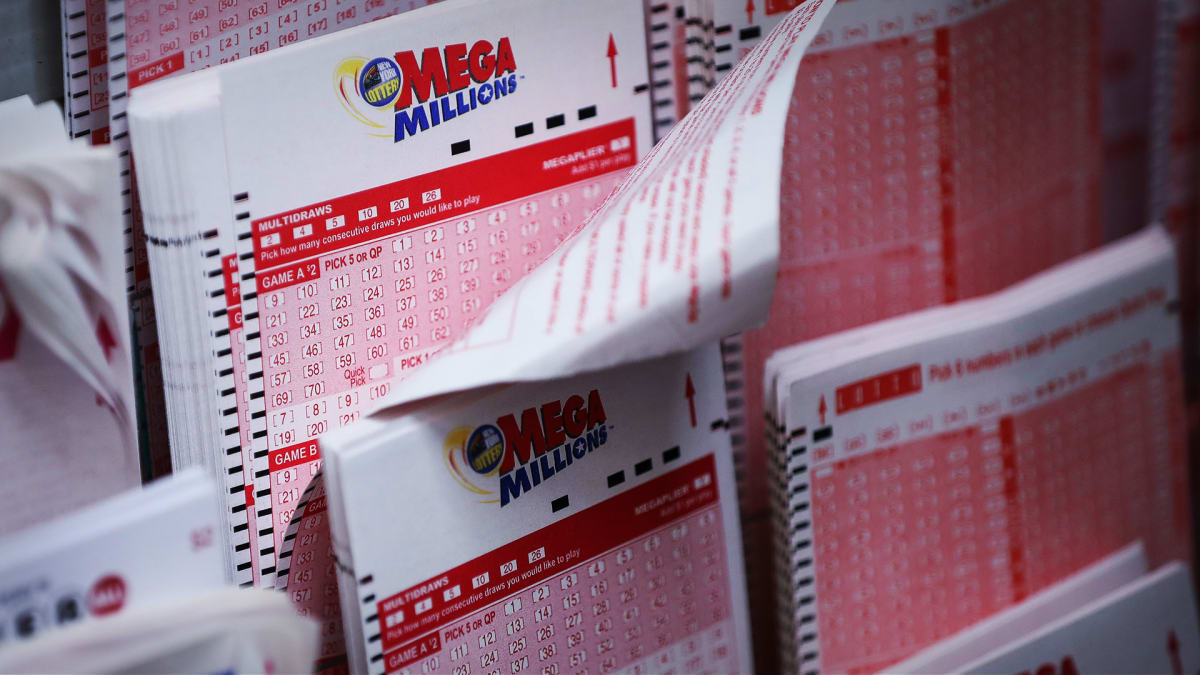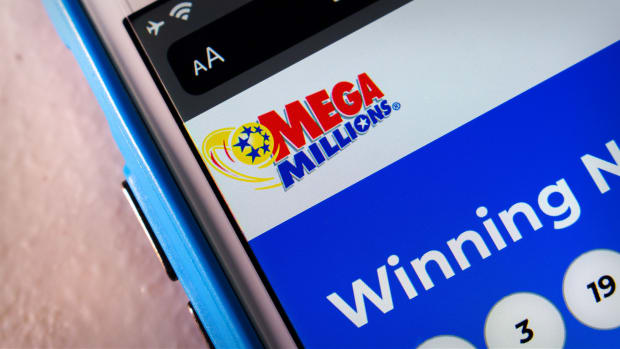
A core principle of the lottery comes down to selling the hope rather than just the actual ticket. Most will not be able to name anyone who's ever won but keep buying tickets in the hopes that they will be that one-in-a-million.
While even a couple millions dollars would significantly alter the course of most people's lives, any hope goes double to the jackpot that is currently up for someone to take home.
Now at $1.35 billion after no winner was drawn last Tuesday, the current Mega Millions jackpot is currently the second-largest jackpot in the history of the multi-state lottery.
The next draw has been pushed back to the coming Friday and, if the numbers drawn match those on any ticket, the person holding it will walk home with $1.35 billion.
Would You Choose Annuity Or Lump Sum?
That is, at least, the perception that many people who put their hopes in the lottery have. In reality, the actual amount placed into one's bank account is significantly smaller.
Mega Millions prizes are, according to the rules of the jackpot, paid out either as a lump sum or annuity option. The latter would get the winner "one immediate payment" now and 29 more to follow. As explained on the Mega Millions website, "each payment is 5% bigger than the previous one" and would get one the $1.35 billion once the 30 years are up.
The concept is a clear illustration of the psychological term delayed gratification because those who choose the lump sum option will only get $707.9 million but without having to wait (and potentially not living until) the last payout.
But for those walking through a deli and seeing a Mega Millions poster board, the higher $1.35 billion is obviously the one being advertised.

Shutterstock
This Is How Much Lottery Winners Pay In Taxes
For those opting for the lump sum option, the payout would immediately be subject to both federal and state taxes. On the federal side, any monetary prize over $5,000 is immediately taxed at rate of 24% by the IRS. The winner will not be able to claim the rest of the winnings without paying that first.
The IRS also applies a top 37% rate cap for those earning above $578,125 a year and, as the win would unquestionably place one into that category, the total take-home pay would actually equal $446 million.
State taxes will vary depending on which states one is in. New York has the highest rate in the country at 8.82% while Pennsylvania only has a rate of 3.07%. States like Florida, Alaska and California do not impose any state tax on lottery winners at all.
The exact tax bill can also differ greatly on a large number of factors. Those who immediately make a charitable donation will owe less, while financial advisers will surely know of other legal ways to reduce one's tax bill.
But one way or the other, the take-home pay on such a large win will always be a fraction of what one sees on those Mega Millions ads.
"Many jackpot winners tap their philanthropic side and give some of their windfall to charitable causes," CNBC's Sarah O'Brien explains. "Those donations are tax deductible, which would reduce your tax bill. However, if you were to face the top rate of 37% on the full $707.9 million cash option, $261.9 million in all would go to the IRS, reducing your haul to $446 million."







